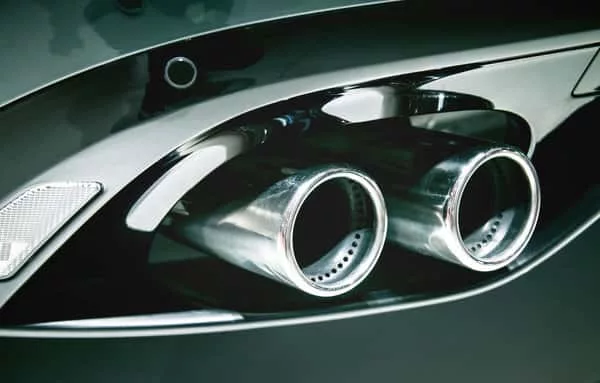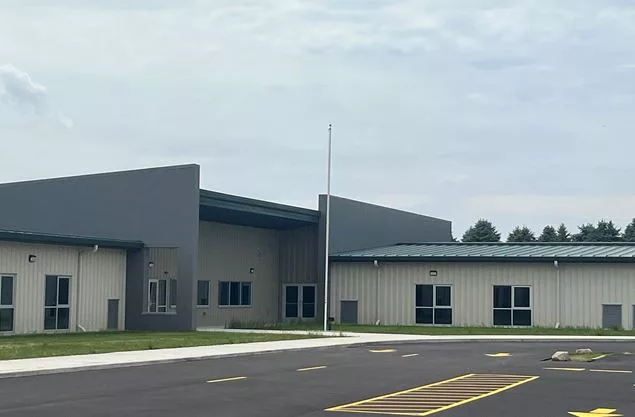Automakers arguing against increasingly tougher fuel economy and emission standards have garnered the support of Congressman Fred Upton and two of his colleagues. Upton, as Chair of the House Energy & Commerce Committee, and two of his colleagues from the committee are lobbying the U.S. Environmental Protection Agency (EPA) and the National Highway Traffic Safety Administration (NHTSA) for more time. The trio has issued a direct appeal by letter to the heads of both agencies seeking additional time for industry officials to respond to a report filed last month designed to help formulate new regulations over the next decade.
Upton and fellow Congressmen Ed Whitfield and Michael Burgess dispatched a letter Monday to EPA Administrator Gina McCarthy and NHTSA Administrator Mark Rosekind asking for a 60-day extension to the comment period on the recently released Draft Technical Assessment Report: Midterm Evaluation of Light-Duty Vehicle Greenhouse Gas Emission Standards and Corporate Average Fuel Economy Standards for Model Years 2022-2025.
The assigned comment period is currently set to expire on September 26th, but Upton and his colleagues are asking for an extension to November 26th, to allow for "a more comprehensive public review," leading to "a better evaluation of the current MY 2022-2025 GHG standards." Whitfield is Chair of the Subcommittee on Energy & Power and Burgess is Chair of the Subcommittee on Commerce, Manufacturing & Trade.
U.S. automakers are on the defensive regarding regulations they deem as becoming increasingly difficult to meet. Upton and his fellow committee members wrote to the agencies, "The Draft TAR exceeds 1,000 pages in length, contains extensive technical information, and references a large number of supporting documents." Additionally, they note, "A portion of the referenced supporting documents were not available at the beginning of the public comment period," which started on July 15th.
A week ago a similar request was issued by the Alliance of Automobile Manufacturers themselves, seeking an extension, but their request was immediately dismissed by regulators.
The overarching argument from the auto industry is that the standards are too aggressive, especially in light of the projected cost of developing technology capable of achieving the standards which could place eventual vehicle costs beyond what consumers would be willing to pay.
Both federal agencies took Upton's request under advisement and will respond following their own review of what the congressmen have asked for.






